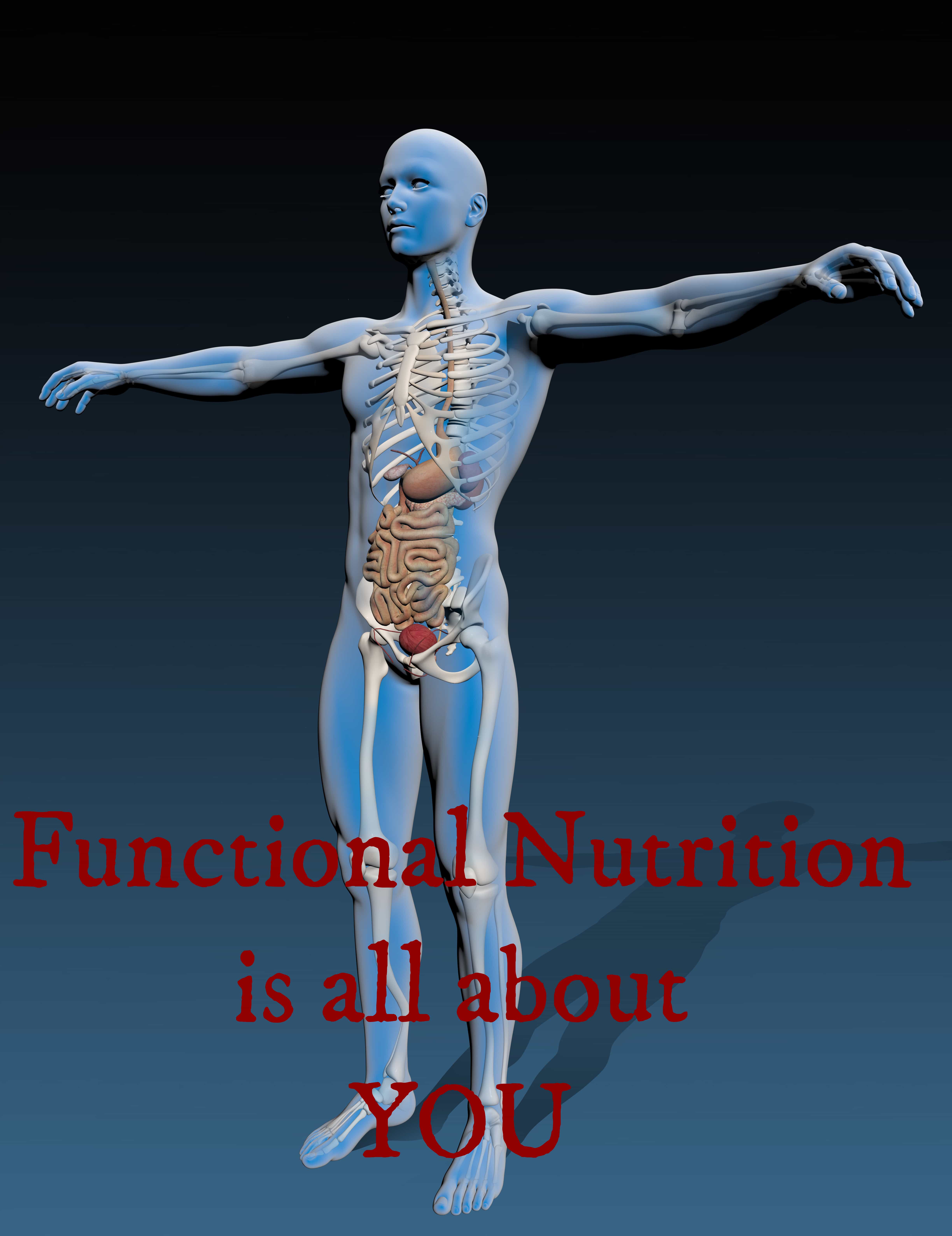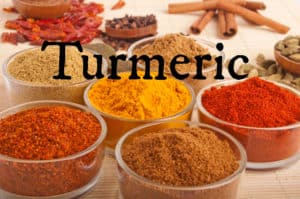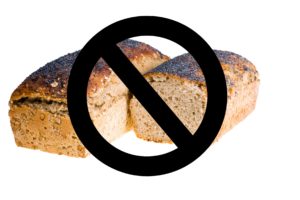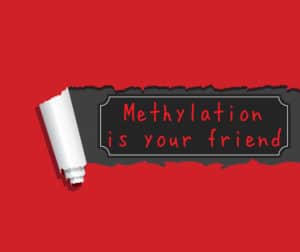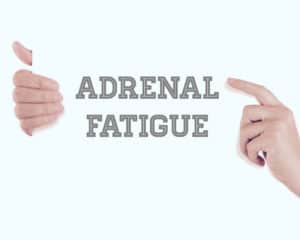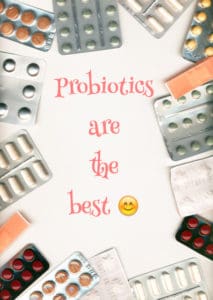Conventional medicine is very effective if you have an acute problem, which needs immediate treatment. Despite all the advances in science and medicines, chronic diseases are on the rise. Most people suffer from some form of chronic problem (such as IBS, high cholesterol, Diabetes, insomnia, chronic fatigue, anxiety, ADHD, etc). Conventional medicine doesn’t seem to be able to treat these problems successfully. At best, conventional medicine doles out prescriptions to dampen the symptoms. That isn’t ‘treatment,’ and it certainly isn’t prevention. The problem? Neither the individual nor the root cause of the illness is treated.
Functional Medicine and Nutrition is an entirely different approach.
Functional Medicine Nutrition Therapy is a personalized method for getting to the root of your symptoms and restoring balance to your system. It is about promoting health, not just treating illness.
Personalized:
Everybody’s different. We each have different genes, different microbiomes (which influence everything), and different lifestyles. In Functional Nutrition, all information is taken into account: sleep, diet, stress level, activity level, energy level, mood, sunlight exposure, time in nature, and other data. Additionally, using tests that actually reveal what’s going on inside your body down to the cellular level and tests for genetic influences, diet and supplementation can be very targeted.
As the Institute of Functional Medicine explains: “The current healthcare system fails to take into account the unique genetic makeup of each individual and the ability of food, toxins and other environmental factors to influence gene expression.”
Treating the problem, not just the symptom:
If you throw drugs at a symptom, without addressing the root cause of the symptom, you are clearing the smoke but not putting out the fire. Left resolved, the cause will continue to persist, and therefore so with the symptoms. The drug will continue to be needed indefinitely (and possibly at greater and greater doses) to treat this symptom.
Chris Kresser articulates this: “In conventional medicine…they mostly focus on symptoms and diseases. If you go to a doctor and you have high cholesterol, you get a drug to lower your cholesterol…and there’s often little investigation into why your cholesterol is high in the first place. The intent is to just bring it down, and that’s generally the end of the story. In functional medicine… Symptoms are important in as much as they can give us clues as to what the underlying mechanisms might be that are contributing to the problem, but they’re not as important because when you focus on the underlying mechanisms and causes and you address those, the symptoms tend to resolve on their own, so you don’t have to worry about going after each and every symptom individually. You just address the root causes and the symptoms resolve.”
Dr. Mark Hyman, one of the leaders in Functional Medicine, articulates this point very well in the foreword he wrote for The Disease Delusion (a book written by Dr. Jeffery Bland, the father of Functional Medicine): “Depression is not the cause of misery, it is merely the name we give to a constellation of symptoms. The actual cause of depression may vary greatly from patient to patient…knowing the name of a disease tells us nothing about its true cause; nor does it lead us to the right treatment”
Final thoughts:
Conventional medicine has its place. It has saved my life more than once. However, in other instances, it also left me disappointed. I know my clients have felt the same way before coming to see me.
Dr. Fitzgerald, another leader in the field, sums it up: “Simply, functional medicine is an individualized, systems-based, patient-centered approach to care. We look at the whole person, their environment, diet & lifestyle and genetics/epigenetics. An individual’s history is carefully mapped to a timeline, which we use to gather clues to the cause(s) and promoter(s) of disease/imbalance. Sensitive laboratory assessments help us “look under the metabolic hood” for contributing biochemical/genetic/microbial/nutrient/inflammatory/toxicity issues.”
For all these reasons, I am very excited about Functional Medical Nutrition Therapy. I am a Certified Integrative and Functional Nutrition Practitioner and have been practicing it with my clients (and on my own health) for several years.
Because patients are unique. Symptoms are not.

